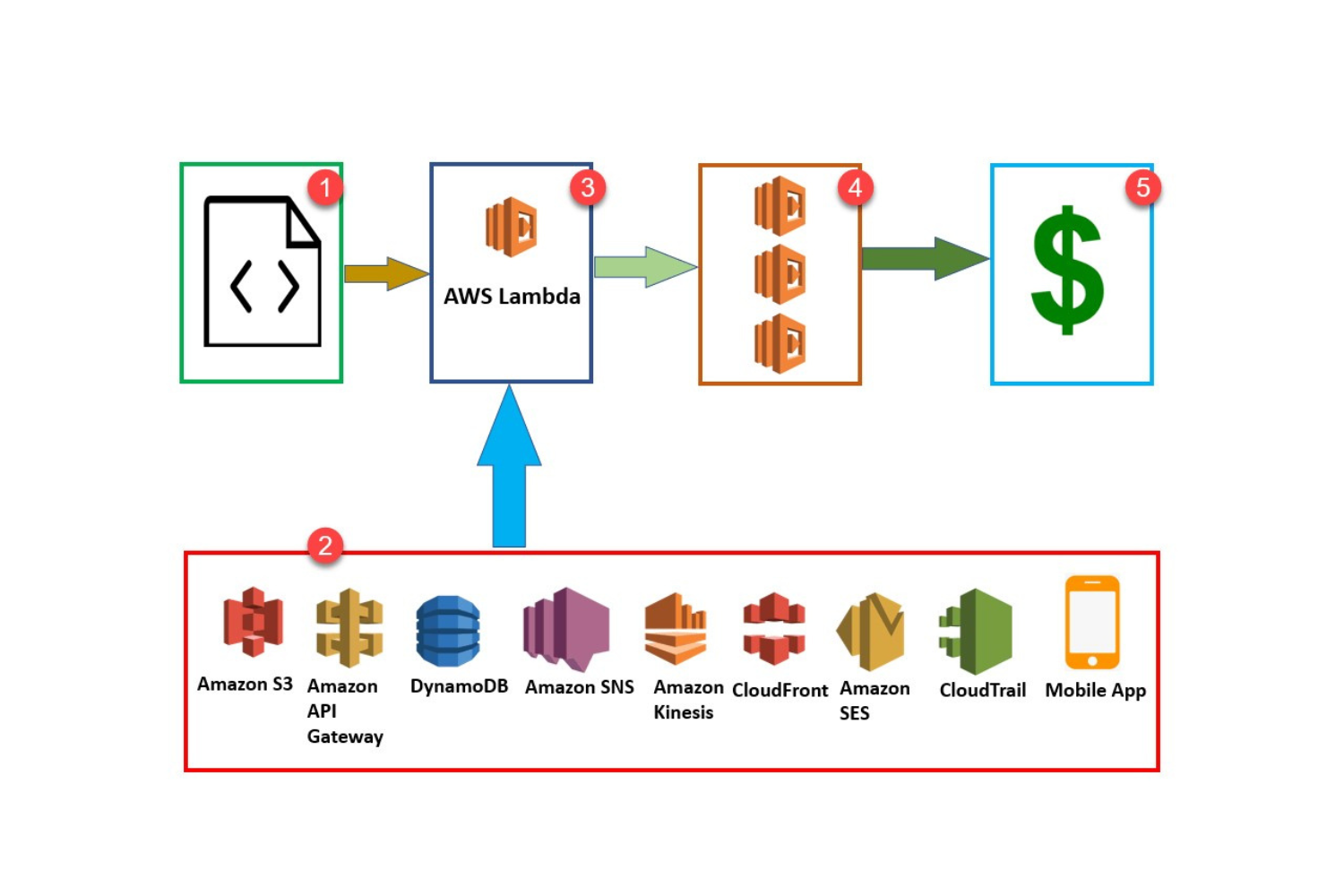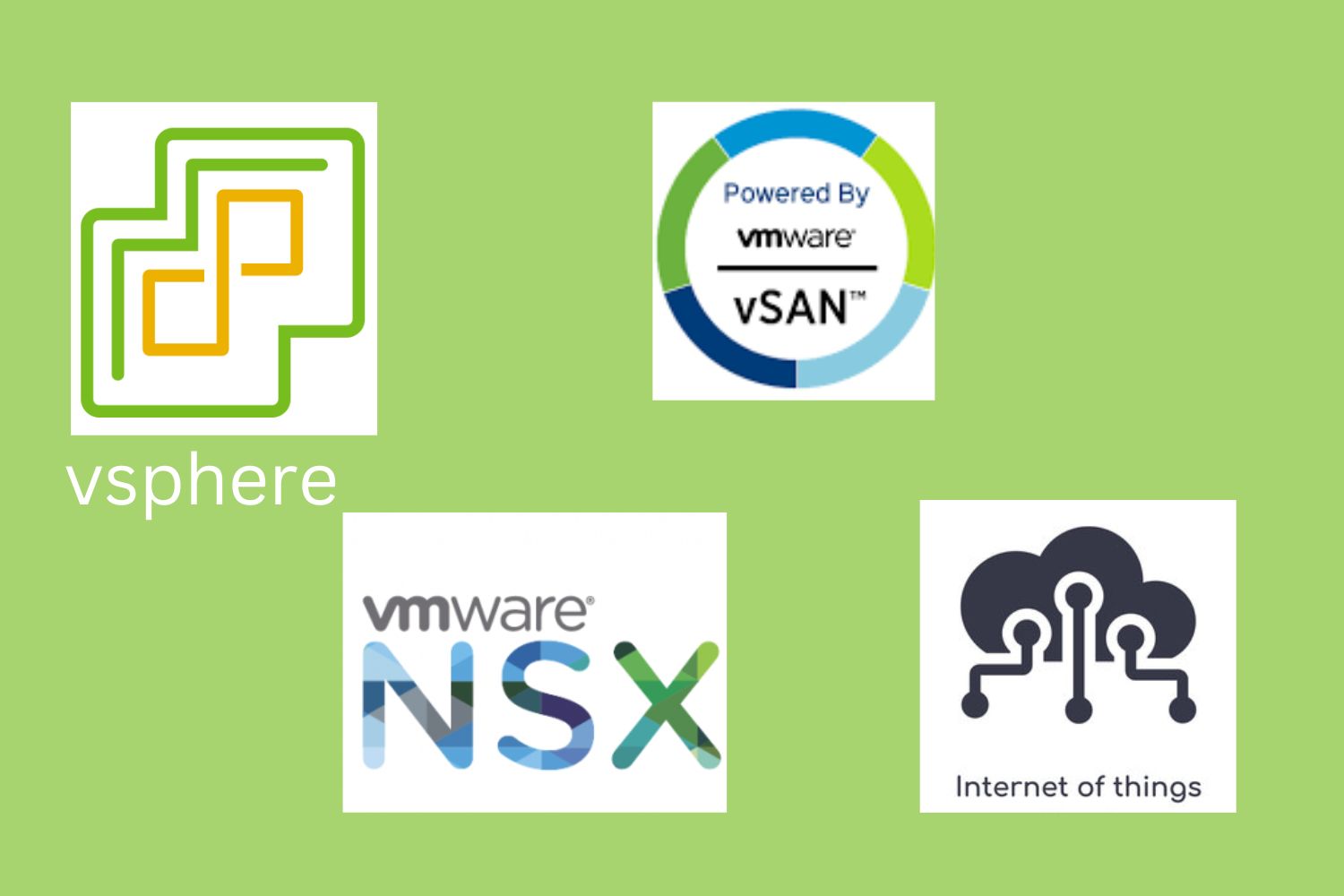
Compute
Compute in AWS Cloud Computing:
The word “compute” in AWS cloud computing refers to ideas and things that are involved in software computation. It is a general term for the memory, processing power, networking, storage, and other resources needed for any program to function computationally.
For instance, many gigabytes of RAM and multiple CPUs are needed for applications that run machine learning algorithms or 3D graphics rendering functions. In this scenario, the apps would be compute-intensive apps, and the necessary CPUs, RAM, and Graphic Processing Units would be referred to as compute resources.
In other words, Infrastructure as a Service (IAAS) is what AWS compute is. To put it simply, AWS compute is a way to manage and provision virtual machines and other infrastructure for your use case. To meet the needs of business organizations, AWS offers a wide range of flexible computing services, including AWS Lambda, Amazon Light sail, Amazon Elastic Compute Cloud (EC2), Amazon Elastic Container Service (ECS), and Amazon Elastic Container Service for Kubernetes (EKS). You can think of this infrastructure as a service as the processing power your apps need to run computation-intensive tasks or host apps.

IMPORTANCE OF COMPUTE IN AWS CLOUD COMPUTING:
Compute resources are a fundamental and critical component of aws cloud computing for several reasons:
Running applications: Compute resources, such as amazon ec2 instances, are used to run applications and workloads in the cloud. This is the primary purpose of cloud computing, allowing businesses to deploy and scale their software without the need for physical hardware.
Scalability: AWS compute resources can be easily scaled up or down to meet changing demands. This elasticity is crucial for handling varying workloads efficiently. It ensures that you only pay for the resources you use and can respond quickly to increased or decreased traffic.
Cost efficiency: AWS provides a pay-as-you-go model, which means you only pay for the compute resources you consume. This cost-efficiency is particularly beneficial for businesses, as they can reduce the capital expenditure associated with maintaining on-premises hardware.
Flexibility: AWS offers a variety of compute options, from virtual machines to serverless computing (e.G., Aws lambda). This flexibility allows you to choose the most suitable compute resource for your specific use case, whether it’s traditional applications, microservices, or event-driven functions.
Global reach: AWS has data centers (regions) around the world. you can deploy compute resources in multiple regions to ensure low-latency access for your users, improve fault tolerance, and meet compliance requirements
Managed Services: AWS provides a range of managed compute services (e.g., AWS Fargate, AWS Elastic Beanstalk) that handle operational tasks like scaling, patching, and maintenance, freeing you from infrastructure management so you can focus on your applications.
Security: AWS offers security features to protect your compute resources, including network security, identity and access management, and encryption. You can design secure architectures and meet compliance standards.
High Availability: AWS offers features like Auto Scaling, load balancing, and redundancy that ensure high availability of your applications by distributing workloads across multiple instances.
Innovation: AWS continually introduces new compute services and features, enabling you to take advantage of the latest technologies, such as AI/ML, IoT, and serverless computing, to innovate and enhance your applications.

Course Highlights/ Details:
The Compute in AWS Cloud computing course by Scodeen Global brings you numerous benefits.
1. Suited for students, fresher’s, professionals, and corporate employees
2. Live online classes
3. 4-month program
4. Certificate of completion
5. Decision Oriented Program of Analysis
6. Live Classes by highly experienced faculties
Hands-on experience with real-life case studies.

Conclusion:
AWS (Amazon Web Services) provides a comprehensive and powerful suite of cloud computing services, including a wide range of compute options. These compute services allow businesses and developers to access and manage computing resources in a flexible and scalable manner. Some key AWS compute services include Amazon EC2 (Elastic Compute Cloud) for virtual machines, AWS Lambda for serverless computing, and AWS Elastic Beanstalk for application deployment and management. AWS’s compute services enable organizations to efficiently run applications, process data, and execute code, while only paying for the resources they use, making it a versatile and cost-effective choice for a wide range of computing needs.

